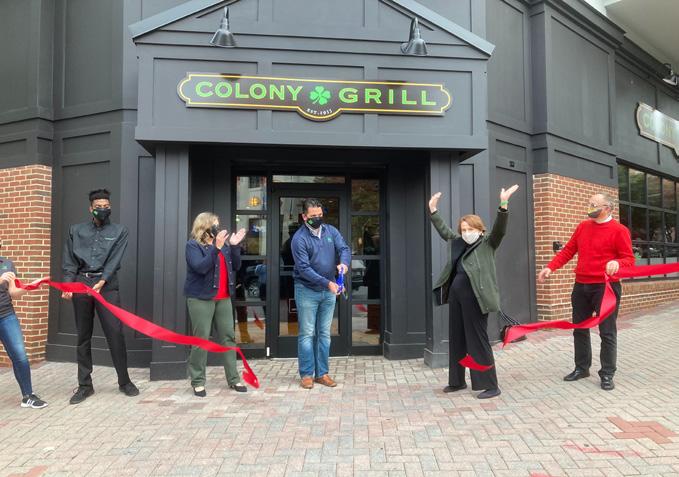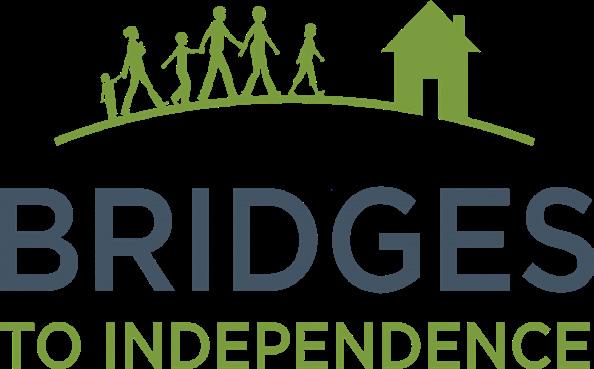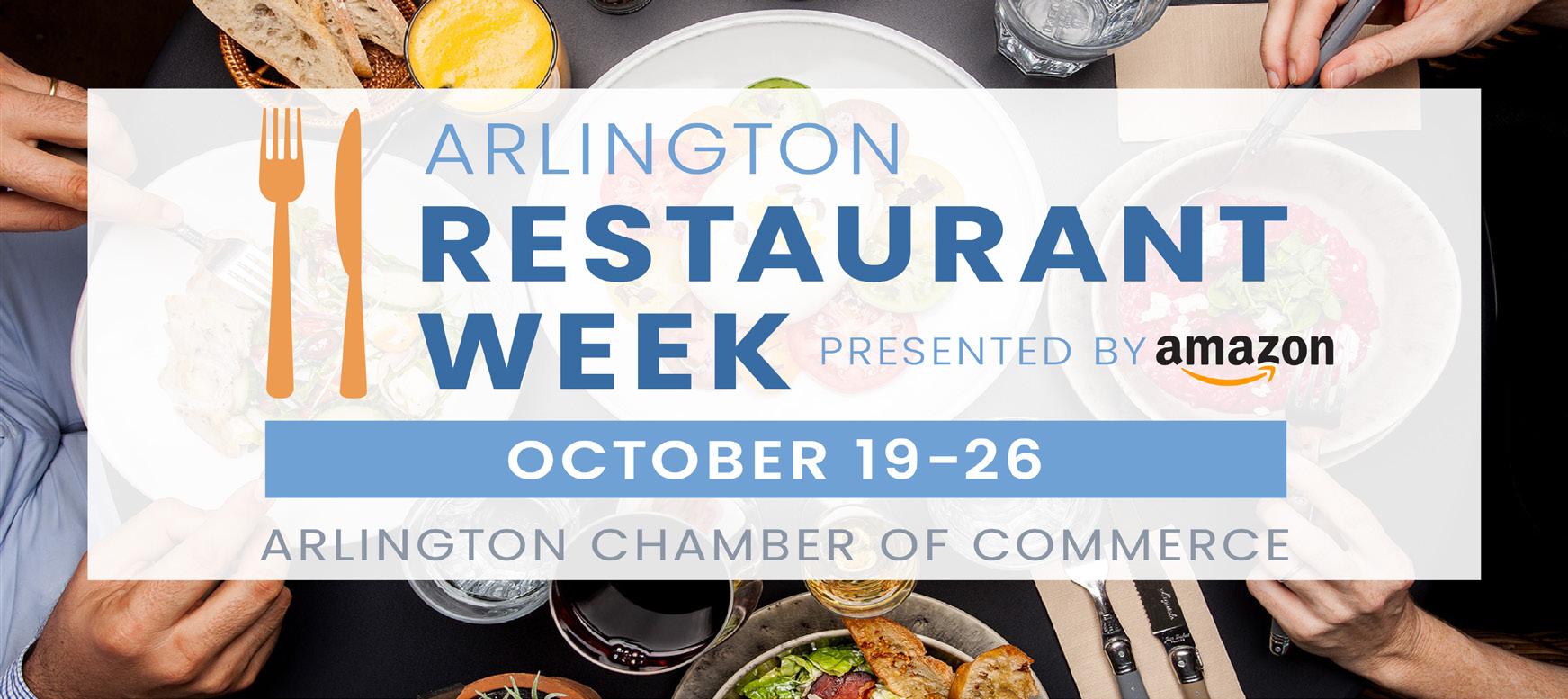
5 minute read
Business Advocacy
advocacy business
Chamber Advocacy Defeats Arlington County Sidewalk Ordinance
Advertisement
The Chamber played a leading role in advocating that the Arlington County Board discontinue an ordinance that threatened $100 fines for people waiting outside select restaurants. It had not been shown to reduce crowds, but it raised concerns about the targeting of certain businesses and their customers. We organized meetings for Arlington County leaders to hear directly from impacted restaurants about all that they are doing to keep patrons safe, and the potentially devastating effect that the ordinance could have on their businesses. We encouraged and supported restauranteurs who spoke out and the Chamber testified to make the case for why the ordinance shouldn’t be adopted. We are grateful for the County Board’s 1-4 vote not to make the ordinance permanent. We continue to work collaboratively with our members and local government to help patrons enjoy and support our restaurants and other Arlington businesses in a safe, healthy manner.
Advocating for Child Care to Help Parents Work
Caring for children who are ordinarily in school during the work day is a hardship that many families are facing in trying to work through the pandemic. The Chamber sent a letter to Arlington Public Schools suggesting that the reconfiguring of school spaces for social distancing provides a unique way to support the community through expanded child care. We recommended that an expanded child care plan could phase expansions based on families’ child care needs, for example, prioritizing children of healthcare workers and children of parents whose jobs do not allow them to telework.

Support for Rapid COVID Testing Senator Tim Kaine Rapid COVID-19 testing is essential for the smooth functioning of businesses and other important facets of society such as schools. The Chamber encouraged the Arlington County Board to allocate a portion of Arlington County’s funding under the CARES Act to purchase rapid saliva tests for COVID-19, and to share those tests (or sell at cost, if possible) with businesses, nonprofits, and other community groups. Access to tests will help Arlington businesses to reduce the risk of operation and of community spread of the virus. The government has unique resources and economies of scale that it can apply to acquiring these rapid tests, raising the value of the government using its resources, such as CARES Act funding.
Chamber Opposes Making Virginia’s Emergency COVID-19 Standard Permanent
The Chamber sent a letter to the Virginia Department of Labor and Industry encouraging it not make permanent the Emergency Temporary Standard for COVID-19 Prevention. The standard falls short of the goal of consistent workplace health protection protocols. Making this standard permanent and potentially adding provisions could place a significant burden on businesses that continue to struggle with the economic consequences of this pandemic. The Chamber also believes that businesses should have flexibility to apply practices that work best for achieving health and safety in their circumstances.

To be added to the committee distribution list, email chamber@arlingtonchamber.org.
Senators, Delegates, Look Ahead to 2021
Several members of Arlington’s General Assembly delegation joined the Chamber’s Government Affairs and Economic Development Committee to look ahead to 2021. Senator Adam Ebbin discussed his work to bring stakeholders together on rent relief, and Senator Barbara Favola described the importance of supporting students attending community college for highneed workforce tracks. Delegate Alfonso Lopez thanked the Chamber for our support of the Virginia Dream Act and funding for affordable housing, and Delegate Rip Sullivan talked about Senator Adam Ebbin, Senator Barbara Favola, Delegate this year’s transportation bill as a bridge to a new way of funding Alfonso Lopez, and Delegate Rip Sullivan. our transportation system. Committee members asked questions about housing, transit, education, and funding priorities for 2021.

Supporting Metro to Keep the Region Moving

Keeping the region moving is vital to restarting business, and so the Chamber wrote to the Washington Metropolitan Area Transit Authority (WMATA) asking that they not go through with proposed service cuts. Reduced service would have the greatest impact on workers who depend on Metrorail and bus to get to and from work. Fewer trains and buses also inhibit passengers’ ability to social distance onboard, which is a key concern of many employees and employers for returning to in-person work. Our letter on Metro encouraged federal support for WMATA.

Chamber Supports Arlington Public Schools’ Grant Application for TECH Program
The Chamber supports initiatives and programs to align training and education with projected workforce needs, particularly in the STEM field. The Chamber also supports incentives that motivate employers to develop workplace learning opportunities for high school students. Both businesses and students benefit from these interactions, and they help school systems align with the “Profile of Virginia Graduate.” Arlington Public Schools and Fairfax County Public Schools are working on a TechInnovation and Equity in Computing Hub (TECH) program that will support these educational goals. They are applying for a GO Virginia grant to for this program, and the Chamber sent a letter supporting their grant application.
Business Highlights from the General Assembly Special Session
The General Assembly’s special session to deal with the budget, coronavirus, and social justice issues ran nearly as long as this past winter’s regular session. We were successful with two bills extending select land use approvals for two years and temporarily removing the limit on special events ABC licenses for restaurants. We were less successful on securing liability protections for coronavirus transmission provided compliance with applicable policies and guidance. The General Assembly also adopted a budget that restored some, but not all, of spending put on hold due to the pandemic and creates an eviction moratorium with specific landlord and tenant responsibilities for entering into rent payment plans.








